Microbilancia MYA 11.5Y

Quali sono i vantaggi di scegliere una microbilancia MYA?
Offriamo una vasta scelta di modelli di microbilance MYA e, di conseguenza, un ampio spettro di accuratezza e capacità di carico, che si traduce in una varietà di applicazioni per questa serie di bilance.
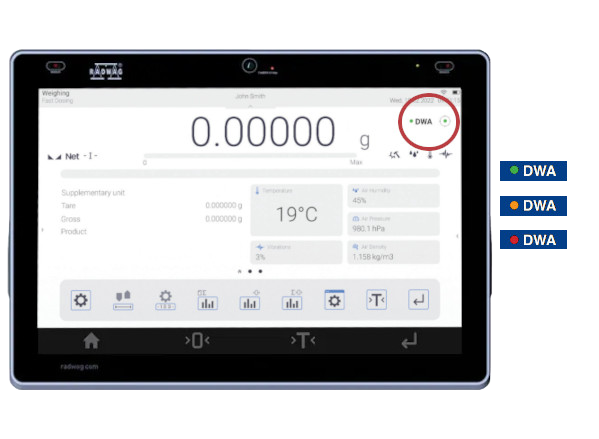
Digital Weighing Auditor
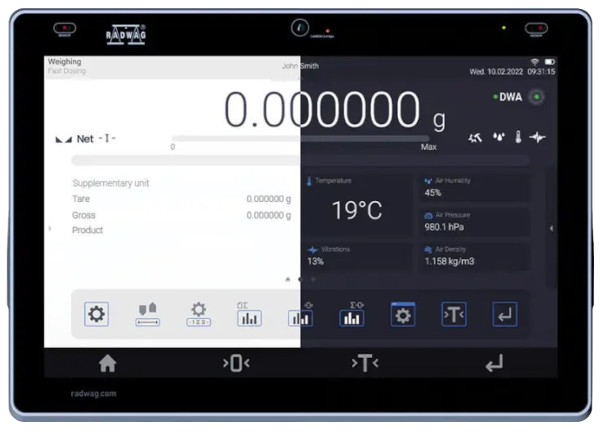
Display da 10

Verifica dell'utente senza compromessi
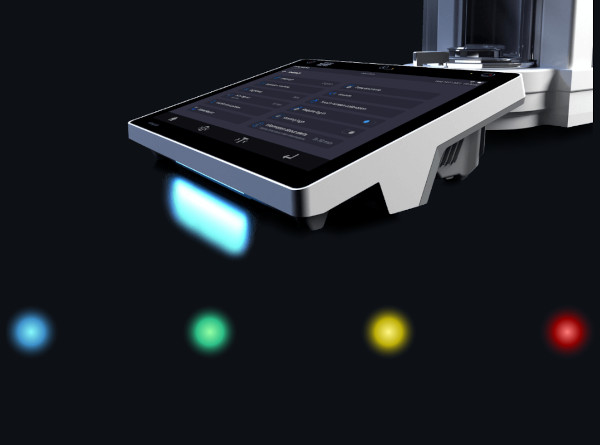
Ambient Light – un modo innovativo per la bilancia di comunicare con l'utente

Hotspot
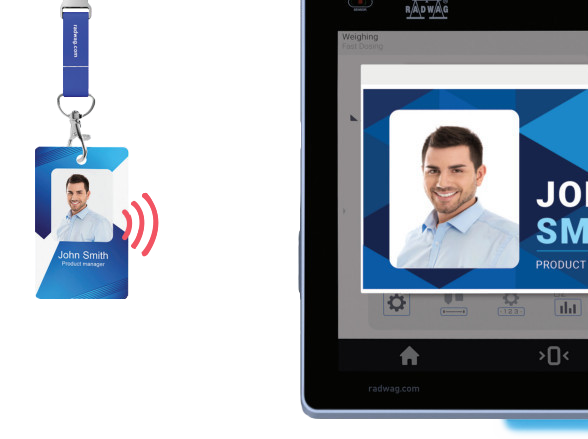
RFID
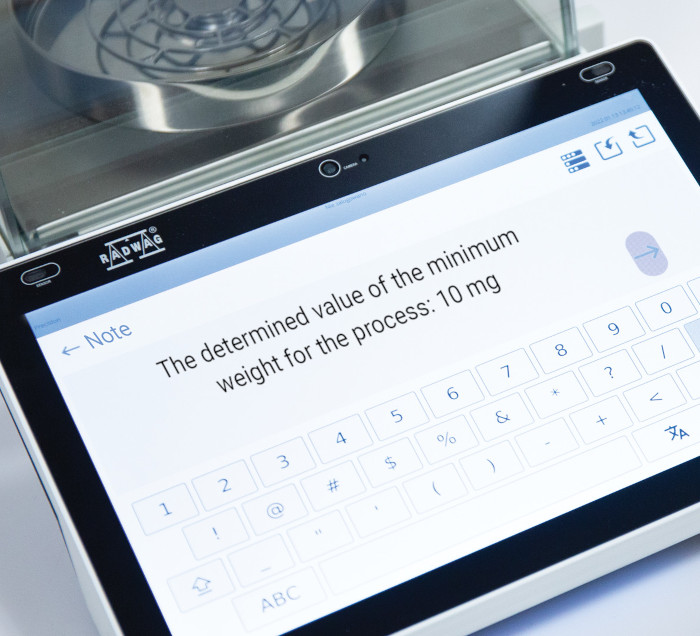
Live Note – annota le tue scoperte
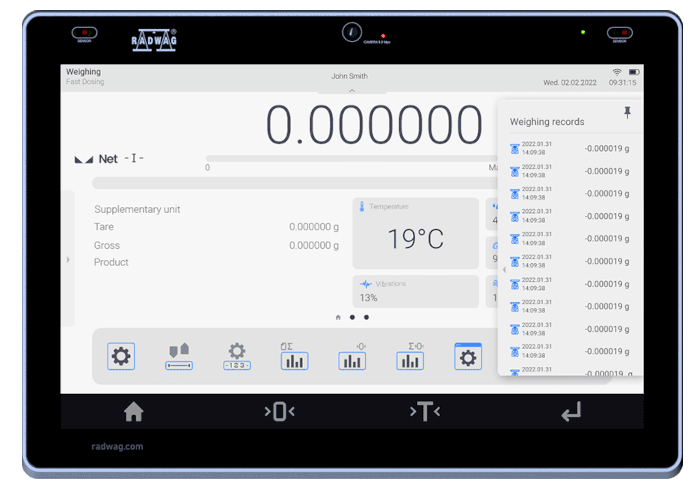
Handy Library
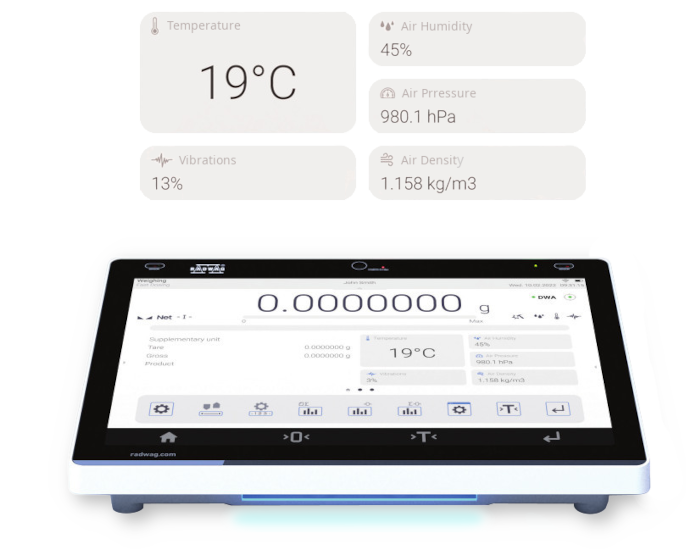
Widget
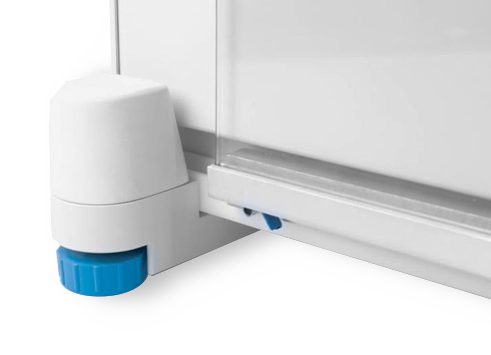
Livellamento automatico del sistema ReflexLEVEL
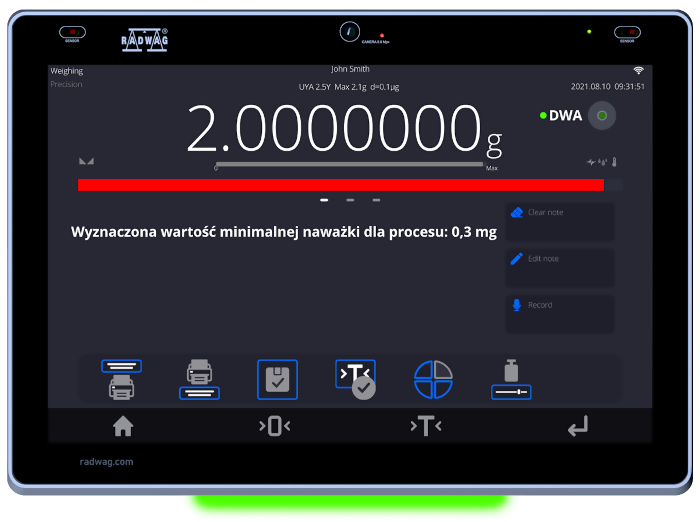
Smart Min Weight

21 CFR Parte 11
Offriamo una bilancia da laboratorio che, come dispositivo indipendente, soddisfa i requisiti della norma 21 CFR Parte 11/ EU GMP Annex 11.
– Firma elettronica
– Convalide
– Registrazioni elettroniche
– Tracce di controllo




















 Additional fee
Additional fee
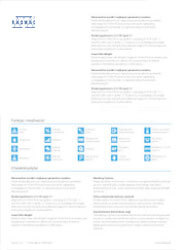
 Albanian
Albanian Danish
Danish Nederlandse
Nederlandse Estonian
Estonian Finnish
Finnish Hungarian
Hungarian Icelandic
Icelandic Kazakh
Kazakh Latvian
Latvian Lithuanian
Lithuanian Macedonian
Macedonian Norwegian
Norwegian Portuguese
Portuguese Romanian
Romanian Russian
Russian Slovak
Slovak Slovenian
Slovenian Swedish
Swedish Ukrainian
Ukrainian Serbian
Serbian Montenegrin
Montenegrin Português (Brasil)
Português (Brasil) Deutsch
Deutsch English
English Español
Español Français
Français Japanese (日本語)
Japanese (日本語) Polski
Polski Türkiye
Türkiye Česky
Česky 中文
中文














